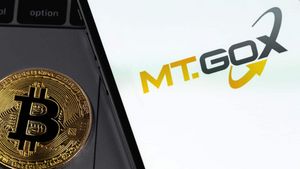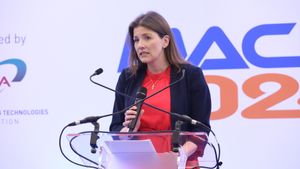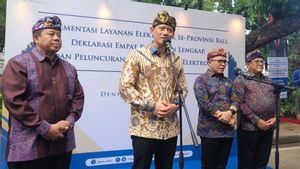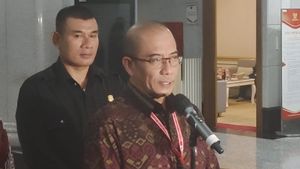
JAKARTA - Bank of Korea (BOK) or South Korea's central bank announced plans to invite 100,000 South Korean citizens to buy goods using deposit tokens as part of a central bank digital currency (CBDC) trial. This testing will begin "around September to October" 2024 and last for three months.
According to a Korea Times report on November 23, participants will be limited to using CBDC for payments only, with no option to store, exchange or send it to other users. The aim of the pilot phase is to evaluate the feasibility and effectiveness of the issuance and distribution of the currency.
BOK will also work with the Korea Exchange to integrate the new digital currency into a carbon emissions trading simulation system to test the feasibility of sending versus paying transactions. The BOK quoted by the newspaper stated:
"The trial project will be implemented for the first time in the fourth quarter of 2024. The possibility of carrying out separate trials will also be considered if banks submit new individual projects," said BOK, quoted by VOI from the Korea Times.
관련 항목:
This statement from the BOK coincided with the visit of Agustin Carstens, general manager of the Bank for International Settlements (BIS), to the South Korean capital, Seoul. Carstens has publicly called Korea's CBDC project a digital won.
The Korean bank announced the launch of a CBDC trial in October. The trial, testing retail and wholesale CBDCs, will involve private banks and public institutions, while BIS will provide expert technical support.
BIS is at the forefront of global CBDC adoption. It helped the Swiss National Bank develop a wholesale CBDC, as well as assisting in building a joint platform with the central monetary authorities of China, Hong Kong, Thailand and the United Arab Emirates. BIS is also developing a proof-of-concept for a transaction tracker with the European Central Bank, among many other projects.
The English, Chinese, Japanese, Arabic, and French versions are automatically generated by the AI. So there may still be inaccuracies in translating, please always see Indonesian as our main language. (system supported by DigitalSiber.id)

















